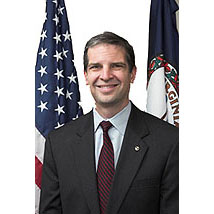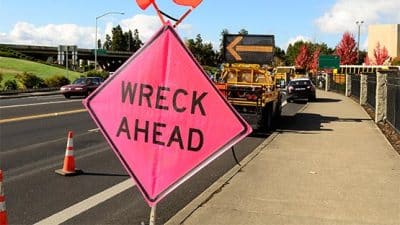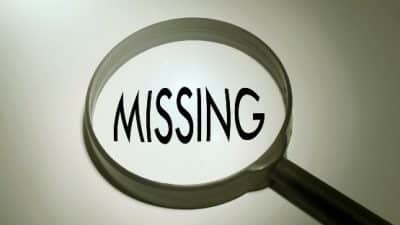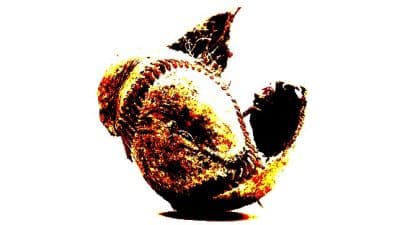
In time, oyster reefs would be discovered and large-scale operations would arise, capable of harvesting in deep water. But the individual oyster farmer didn’t disappear. Even today, you can still find oyster growers along the Bay and its estuaries. And one of those growers is Greg Garrett.
Greg is no newcomer to the Chesapeake Bay. His family has lived along the York River since 1620, when one of his lineal ancestors founded Yorktown. And for over 25 years, Greg and his family have been growing oysters on their riverfront property. That is, until the county intervened.
Some time back, the York County Board of Supervisors decided that small-scale oyster farming was no longer acceptable, citing a Code section prohibiting residential property from having more than one “principal use,” asserting that Greg just happened to live on the premises of an aquaculture operation, rather than engaging in some agriculture at home.
Aquaculture is defined in Code and involves creating a “controlled environment to enhance growth or propagation” of aquatic species, and has not historically applied to small operations like Greg’s, which creates no such “controlled environment.” In brief, it was an attempt by York County to more strictly control what landowners can and can’t do on their own property.
What’s more, it was a redefinition after the fact. Greg, his neighbor, and many others along the York River estuary and throughout the Chesapeake Bay have been growing oysters for generations, and many people purchased their property at least in part with this in mind, but suddenly the County says “no.”
Fortunately, the Court of Appeals saw it differently, siding with Greg and a neighbor, Anthony Bavuso. Unfortunately, the County is appealing the case to the Virginia Supreme Court.
Now this may seem like just some local zoning dispute, so let me be clear about what’s at stake: York County wants the right to change the rules in the middle of the game, to restrict what has always been allowed, and to redefine “permitted uses” as “principal uses” to turn the Code against property owners and deprive them of the right to use their property in the way they always have, and in the way they expected to be able to use it when they purchased it.
The Court of Appeal’s decision affects all of us, whether you’re on the Eastern Shore or in deep Southwest. Because we’re not really talking about oysters here; we’re talking about property rights. And that fight belongs to all of us.
If you want to learn more about Greg and his fight, or even want to throw some business his way, you can check out his website at www.ggoysters.com
And if you want to take a stand for property rights, I hope you’ll support the Virginia Property Rights Amendment appearing on your ballot this November. The issues aren’t identical—the Amendment deals with eminent domain reform—but the principle of support for property rights is the same.
Finally, if you care about issues like this, I hope you’ll take a good look at my campaign for Attorney General. Among other things, the Attorney General of Virginia is charged with providing counsel to state agencies, issuing opinions on the interpretation and applicability of state laws, and standing up against governmental overreach.
The Attorney General isn’t a legislator, and the role is not to go after laws that are “bad ideas.” The Attorney General is, however, supposed to stand up for law and constitution – to guide state and local governments in adherence to the law and to stand athwart federal overreach that violates state prerogatives. You can count on me to do that.
With less than a week until the 2012 election, all eyes are rightly focused on November 6th – but after that, we’re off to the races in the 2013 statewide elections. It will be an even more intense cycle than usual because the nominations will be decided almost a month earlier than normal.
Mark Obenshain is a member of the Virginia State Senate.










